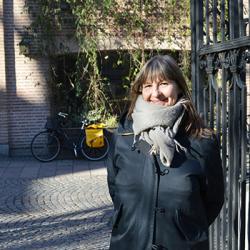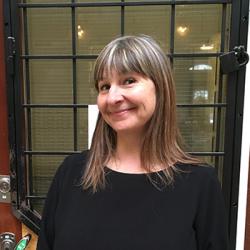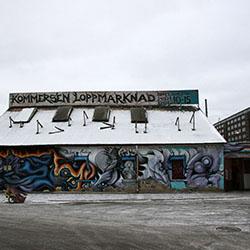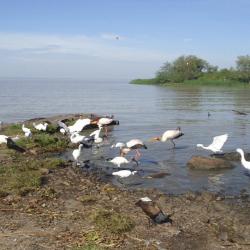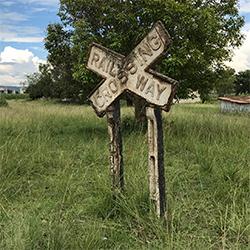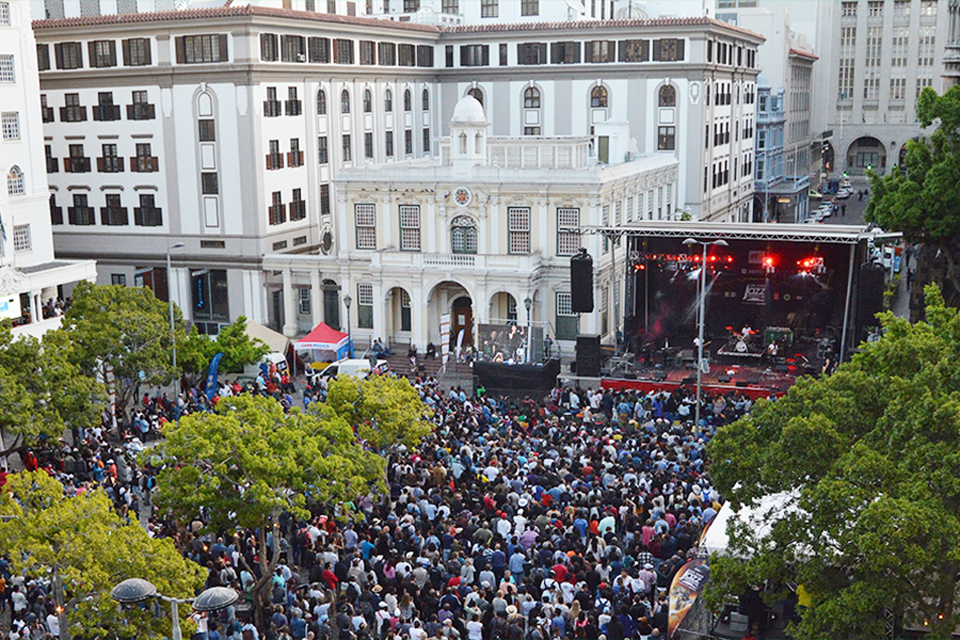
Harnessing cultural heritage may play an important role in addressing challenges of high levels of poverty, unemployment and inequality. This is the starting point for a new project at the local platforms in Sheffield, Kisumu and Cape Town, that recently was granted and award by the British Academy.
‘Whose Heritage Matters? Mapping, Making and Mobilising Heritage Values for Sustainable Livelihoods in Cape Town and Kisumu’ is a coproduced action research project which brings stakeholders together to map heritage values and develop creative interventions for sustainable development.
Cape Town and Kisumu are two secondary African cities with high levels of poverty, unemployment and inequality. Harnessing cultural heritage may play a role in addressing these challenges. However, it is a value-laden concept, particularly in the context of colonial histories and urban futures. The project asks:
• Whose heritage matters?
• How can we negotiate competing and plural values?
• How can cultural heritage be mobilised to support sustainable livelihoods?
The project includes local teams and groups of women in low income communities to collaboratively examine and respond to these questions.
‘There’s a lot of interest in how we can harness cultural heritage for wider developmental goals. But global goals don’t always resonate with local priorities, issues and values. It’s important that communities and marginalised groups are central in designing and delivering any interventions. We have to continuously ask ‘whose heritage matters?’ and recognise that there is a plurality of views to be taken into account’, Prof Beth Perry, who leads the project, said:
The project methodology of mapping through counter cartography techniques, explores different values, meanings and heritage making practices that may not be recognised otherwise.
‘Mapping becomes the method of developing intangible cultural heritage discourses, to rethink what cultural heritage means in each context’, Dr Vicky Habermehl, lead researcher on the project at the Urban Institute added.
The project builds on the Mistra Urban Futures comparative project on cultural heritage and a JPI Heritage plus project on cultural heritage and festivals. It provides the opportunity to strengthen relationships with, and support local research teams in Cape Town and Kisumu.
Dr Rike Sitas at the African Centre for Cities and project leader of Mistra Urban Futures ‘Cultural Heritage’ project is particularly interested in the transformative potential of exploring the relationship between tangible and intangible heritage through creative means.
‘In the face of the multiple crises that face African cities, the cultural and social lives of residents can often get sidelined through developmentalist lenses that do not recognise their importance in sustainable and just growth’, she comments.
The Jaramogi Oginga Odinga University of Science and Technology (JOOUST) in Kisumu has been a key partner of Mistra Urban Futures for a long time, through Kisumu Local International Platform (KLIP). The platform has been in the centre of promoting social justice as well as just cities, through ecotourism programmes that incorporate cultural heritage.
‘Currently under social-cultural track, cultural heritage is viewed with a lens of local community empowerment. The slogan is “the people comes first in urban and rural development, their belief, lifestyle and heritage matters for social-capital transformation and sustainable livelihood’ says Dr Patrick Hayombe, at the Kisumu Platform.
FACTS
It is the Sheffield University’s Urban Institute that has been awarded the funding from the British Academy, in collaboration with the African Centre for Cities (Cape Town, South Africa) and the Jaramogi Oginga Odinga University of Science and Technology (Kisumu, Kenya) for a two year research project.
The British Academy is the voice of the humanities and social sciences. The Academy is an independent fellowship of world-leading scholars and researchers; a funding body for research, nationally and internationally; and a forum for debate and engagement. For more information, please visit www.thebritishacademy.ac.uk. Follow the British Academy on Twitter @BritishAcademy_
The British Academy has recently announced awards granted under the third round of their Sustainable Development Programme. The programme focuses on excellent, policy oriented UK research, aimed at addressing the UN’s 2030 Agenda for Sustainable Development and advancing the UK’s Aid Strategy.
This, lightly edited, article was first published on the Urban Institute’s homepage https://urbaninstitute.group.shef.ac.uk/whose-heritage-matters-new-proj…
Picture: Cape Town International Jazz Festival 2018, photo by Discott, shared on Wikimedia Commons



